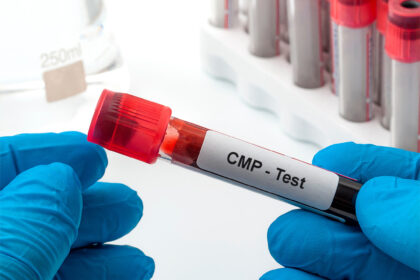Does following a specific kind of diet impact the gut microbiome—the bad and good bacteria that reside in the gastrointestinal tract—in manners that lower the danger of Alzheimer’s? This is a fair possibility, as per scientists at Wake Forest School of Medicine.
In a small pilot research, the scientists detected various discrete gut microbiome signs—the chemicals created by bacteria—in research participants with MCI (mild cognitive impairment) but not in their peers with normal cognition. They discovered that these bacterial signatures connected with higher amounts of Alzheimer’s disease markers in the participants’ cerebrospinal fluid who are suffering from MCI.
Via cross-group dietary interference, the research also displayed that an altered Mediterranean-ketogenic diet created modifications in the gut microbiome and its metabolites that connected with lowered Alzheimer’s markers levels in both study group members. The study is posted in EBioMedicine journal.
“The association of the diet and gut microbiome to neurodegenerative diseases has lately got substantial attention, and this research recommends that Alzheimer’s is related with particular alterations in gut bacteria and that a kind of Mediterranean -etogenic diet can impact the microbiome in manners that can affect the progression of dementia,” claimed Hariom Yadav, who co-authored the study research with Suzanne Craft.
On a related note, DNA alterations all over a person’s life can considerably elevate their susceptibility to age-related diseases and heart conditions, research recommends. Such modifications—dubbed as somatic mutations—can affect the way blood stem cells operate and are related with other conditions including blood cancers. A research claims that these somatic mutations and the related diseases they cause might pace biological age of a person (how old their body seems) quicker as compared to their chronological age—the amount they have been alive. A study examined these alterations and their possible effects.





